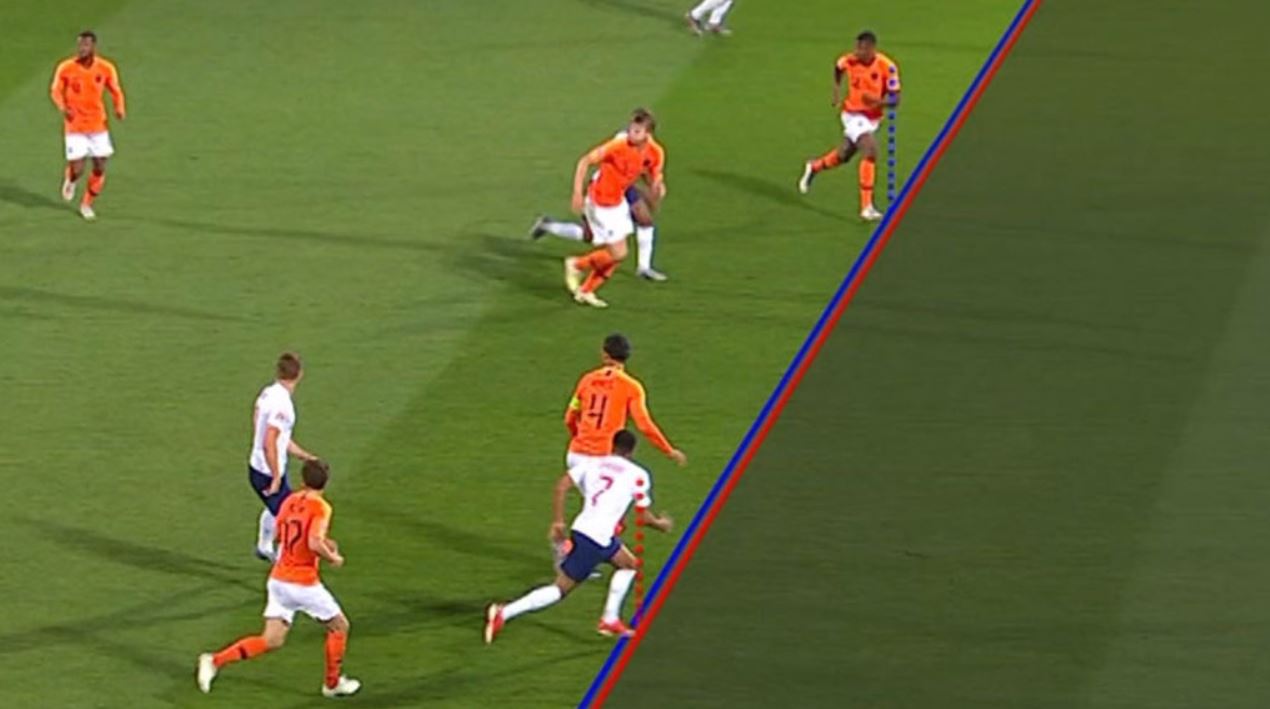“My research found that the ball was kicked 132 milliseconds earlier than the participants perceived, which doesn’t sound like much, but in a fast-paced game it could be long enough for the players to be in a different location and therefore could potentially change the outcomes of offside”
Dr Pooya Soltani, from the University of Bath, new research shows why VAR isn’t still precise enough to give accurate judgments regarding offside moments every time.
The study suggested that the accuracy of VAR could be improved by using higher frame-rate cameras that would record the movement of the ball in slower motion. Also, for marginal offside decisions, thicker guiding lines in the VAR could be used to represent the uncertainty zone.
Dr Soltani said: “Using higher resolution, faster frame-rate cameras, and volumetric motion capture approaches would improve the accuracy of VAR, but would be a lot more expensive.

